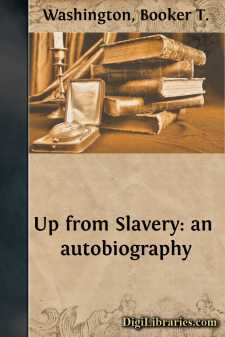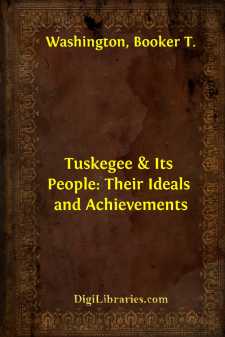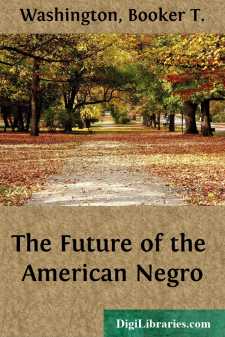Categories
- Antiques & Collectibles 13
- Architecture 36
- Art 48
- Bibles 22
- Biography & Autobiography 813
- Body, Mind & Spirit 142
- Business & Economics 28
- Children's Books 16
- Children's Fiction 13
- Computers 4
- Cooking 94
- Crafts & Hobbies 4
- Drama 346
- Education 46
- Family & Relationships 57
- Fiction 11829
- Games 19
- Gardening 17
- Health & Fitness 34
- History 1377
- House & Home 1
- Humor 147
- Juvenile Fiction 1873
- Juvenile Nonfiction 202
- Language Arts & Disciplines 88
- Law 16
- Literary Collections 686
- Literary Criticism 179
- Mathematics 13
- Medical 41
- Music 40
- Nature 179
- Non-Classifiable 1768
- Performing Arts 7
- Periodicals 1453
- Philosophy 64
- Photography 2
- Poetry 896
- Political Science 203
- Psychology 42
- Reference 154
- Religion 513
- Science 126
- Self-Help 84
- Social Science 81
- Sports & Recreation 34
- Study Aids 3
- Technology & Engineering 59
- Transportation 23
- Travel 463
- True Crime 29
Booker T. Washington
Booker T. Washington was an influential African American educator, author, and orator born into slavery in 1856. He is best known for founding the Tuskegee Institute, a historically Black university in Alabama, and for his philosophy of self-help and vocational education for African Americans. His autobiography, "Up from Slavery," published in 1901, became a classic in American literature, recounting his journey from slavery to success. Washington also advocated for economic self-reliance and racial uplift during the post-Reconstruction era, though his views on racial accommodation sparked significant debate among other Black leaders, including W.E.B. Du Bois.
Author's Books:
Sort by:
Introduction The details of Mr. Washington's early life, as frankly set down in "Up from Slavery," do not give quite a whole view of his education. He had the training that a coloured youth receives at Hampton, which, indeed, the autobiography does explain. But the reader does not get his intellectual pedigree, for Mr. Washington himself, perhaps, does not as clearly understand it as...
more...
PREFACE In a general way the reading public is fairly well acquainted with the work of the Tuskegee Normal and Industrial Institute, but there is continued demand for definite information as to just what the graduates of that institution are doing with their education. That inquiry is partly answered by this book. The scope of the Tuskegee Institute work is outlined by the chapters contained in Part I,...
more...
CHAPTER I. In this volume I shall not attempt to give the origin and history of the Negro race either in Africa or in America. My attempt is to deal only with conditions that now exist and bear a relation to the Negro in America and that are likely to exist in the future. In discussing the Negro, it is always to be borne in mind that, unlike all the other inhabitants of America, he came here without...
more...




